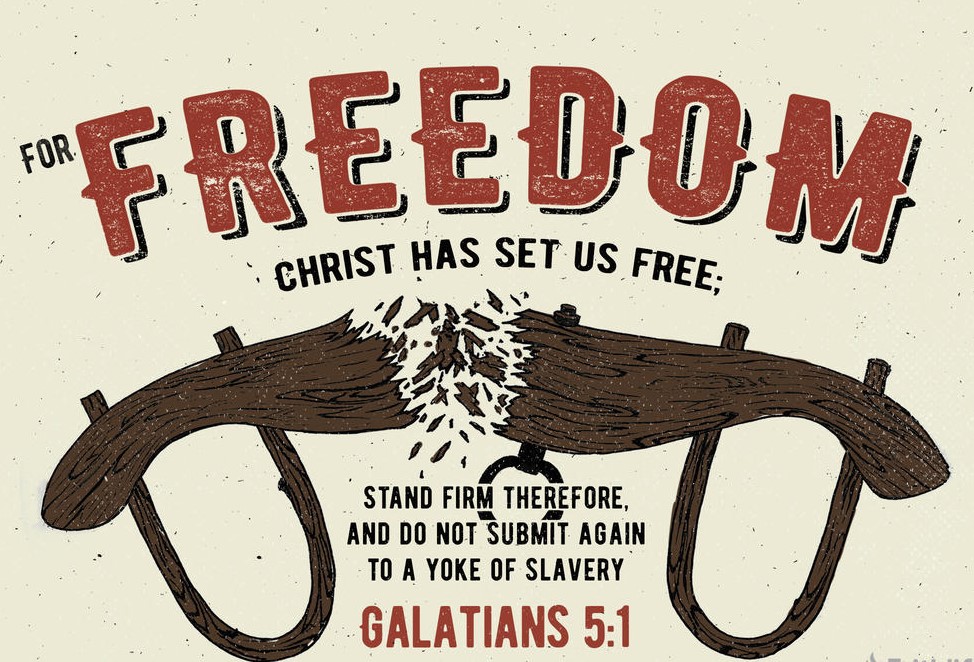
A new book titled “The Outlaw Ocean” tells horror stories about the fishing trade to build its case that man is utterly depraved. Author Ian Urbina states that out on the open sea there is no law to keep our animal nature in check, as there is on dry land. If consumers found out that a land-based industry locked its workers “behind chained doors for weeks or sometimes months, with no fresh water or food, unpaid and given no sense of when they might be permitted to go home, wouldn’t there be immediate outrage, criminal investigations, and consumer boycotts? Not at sea,” Urbina tells us.
A Wall Street Journal reviewer of this book wrote that its most valuable contribution is to the vast field of literature that bases its success on our culture’s pessimism about human nature.
Maybe books like this are why atheism seems to be growing. Many of that religion’s adherents believe we God-believers see faith in a supreme being as the cost for getting into a heavenly kingdom—and that’s too high a price for them to buy into our religious belief. But what’s so hard to believe about what Christ taught regarding the nature of God and His Kingdom? He told us that the way to worship God is through each other (Matthew 25:40) and that the Kingdom of God is among us (Luke 17:21).
Without this wisdom, the horrors of humanity as described in this book would be rampant on both land and sea. With it, however, we have a solid base on which each of us can build an interconnecting lattice work of love throughout our lives. This infrastructure delivers us from our own evils, as this Sunday’s readings remind us.
The first from Exodus (Ex 32:7-11, 13-14) reminds us why Christianity—the mutual support network that came with Christ—is so revolutionary in how it saves us from devolving into the animalistic worship of materialistic selfishness that the ancient Israelites fell back on.
The LORD said to Moses, “Go down at once to your people, whom you brought out of the land of Egypt, for they have become depraved. They have soon turned aside from the way I pointed out to them, making for themselves a molten calf and worshiping it, sacrificing to it and crying out, ‘This is your God, O Israel, who brought you out of the land of Egypt!’
Twenty-first-century man has replaced that golden calf with a multimedia handheld idol. Through it we can accomplish much good, but we can also use it to persecute, blaspheme and show our arrogance. Those are ancient sins, and in Sunday’s second reading (1 Tm 1:12-17), Timothy confesses to all of them, but he also tells us why all is still not yet lost—even after all these centuries.
Christ Jesus came into the world to save sinners. Of these I am the foremost. But for that reason I was mercifully treated, so that in me, as the foremost, Christ Jesus might display all his patience as an example for those who would come to believe in him for everlasting life.
But who can trust someone who is so nice to such lousy people as us? That’s what the Pharisees wanted to know, and in Sunday’s gospel reading (Lk 15:1-32), Jesus gives them a kind of soul-half-full explanation of what he sees in us sinners.
“What man among you having a hundred sheep and losing one of them would not leave the ninety-nine in the desert and go after the lost one until he finds it? And when he does find it, he sets it on his shoulders with great joy and, upon his arrival home, he calls together his friends and neighbors and says to them, ‘Rejoice with me because I have found my lost sheep.’ I tell you, in just the same way there will be more joy in heaven over one sinner who repents than over ninety-nine righteous people who have no need of repentance.
Humanity can’t rely on human government to save it from self-destruction. One man taught us that 2000 years ago, and saved us by doing so. Our hope is that the love he sowed among us will eventually create an infrastructure of mutual salvation from which we can power-up a heaven on earth. Our prayer is for that network to be powerful enough to make atheists question their unshakable faith in our outlaw nature—on both land AND sea.
–Tom Andel